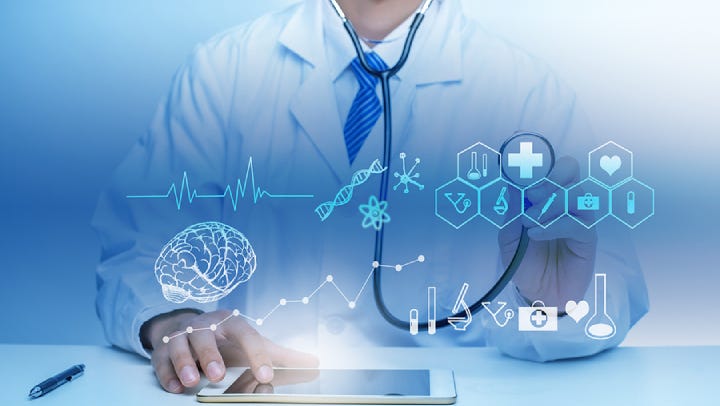7 Use Cases of Data Analytics In Healthcare

In recent years, data analytics has transformed numerous industries, and healthcare is no exception. By leveraging the vast amounts of data generated in the healthcare ecosystem, organizations can improve patient outcomes, streamline operations, and reduce costs. Below are seven key use cases where data analytics is making a significant impact in healthcare.
1. Predictive Analytics for Patient Outcomes
Predictive analytics involves using historical data to predict future outcomes. In healthcare, this can be applied to anticipate patient conditions before they become critical. By analyzing data from electronic health records (EHRs), wearable devices, and other sources, healthcare providers can identify patterns and predict the likelihood of events such as readmissions, complications, or the progression of chronic diseases. This allows for timely interventions, potentially saving lives and reducing healthcare costs.
2. Personalized Medicine
One of the most promising applications of data analytics in healthcare is the development of personalized medicine. By analyzing genetic information, lifestyle data, and other patient-specific factors, clinicians can tailor treatments to the individual. This approach not only increases the effectiveness of treatments but also minimizes adverse effects. For example, cancer treatment plans can be customized based on the genetic makeup of both the patient and the tumor, leading to more successful outcomes.
3. Operational Efficiency
Data analytics is also being used to enhance the efficiency of healthcare operations. By analyzing patient flow, resource utilization, and scheduling data, healthcare providers can optimize staffing, reduce waiting times, and manage resources more effectively. For instance, predictive models can forecast patient admission rates, helping hospitals allocate resources such as beds and staff more efficiently. This leads to improved patient care and reduced operational costs.
4. Fraud Detection and Prevention
Healthcare fraud is a significant issue, costing billions of dollars annually. Data analytics can play a crucial role in identifying and preventing fraudulent activities. By analyzing claims data, billing patterns, and other financial information, analytics tools can detect anomalies that may indicate fraudulent behavior. This allows healthcare organizations to take proactive measures, reducing losses and ensuring that resources are allocated to genuine cases.
5. Population Health Management
Population health management involves analyzing data from various sources to improve the health outcomes of specific groups. By identifying trends and patterns within a population, healthcare providers can develop targeted interventions to address common health issues. For example, data analytics can help identify communities at high risk for certain diseases, allowing for preventive measures such as vaccination campaigns or health education programs. This approach not only improves public health but also reduces the overall burden on the healthcare system.
6. Improving Patient Engagement
Engaging patients in their healthcare is crucial for achieving better outcomes. Data analytics can help healthcare providers understand patient behaviors and preferences, allowing them to develop strategies to increase engagement. For instance, analytics can identify patients who are likely to miss appointments or not adhere to treatment plans. Providers can then intervene with reminders, educational materials, or personalized support, leading to better patient adherence and improved health outcomes.
7. Advanced Research and Drug Development
The process of developing new drugs and therapies is lengthy and expensive. Data analytics is helping to accelerate this process by enabling researchers to analyze large datasets from clinical trials, genetic studies, and other sources. By identifying patterns and correlations, researchers can gain insights into disease mechanisms, identify potential drug targets, and predict how patients will respond to new treatments. This not only speeds up the development of new therapies but also reduces costs and improves the likelihood of success.
Conclusion
Data analytics is revolutionizing the healthcare industry by enabling more informed decision-making, improving patient outcomes, and reducing costs. As technology continues to advance, the potential applications of data analytics in healthcare will only grow, offering new opportunities to enhance care and operational efficiency.
By embracing these use cases, healthcare providers can not only improve the quality of care but also create a more sustainable and efficient healthcare system.
This blog outlines the transformative impact of data analytics in healthcare, providing insights into how various use cases are driving better outcomes and operational efficiency.


Comments
Post a Comment